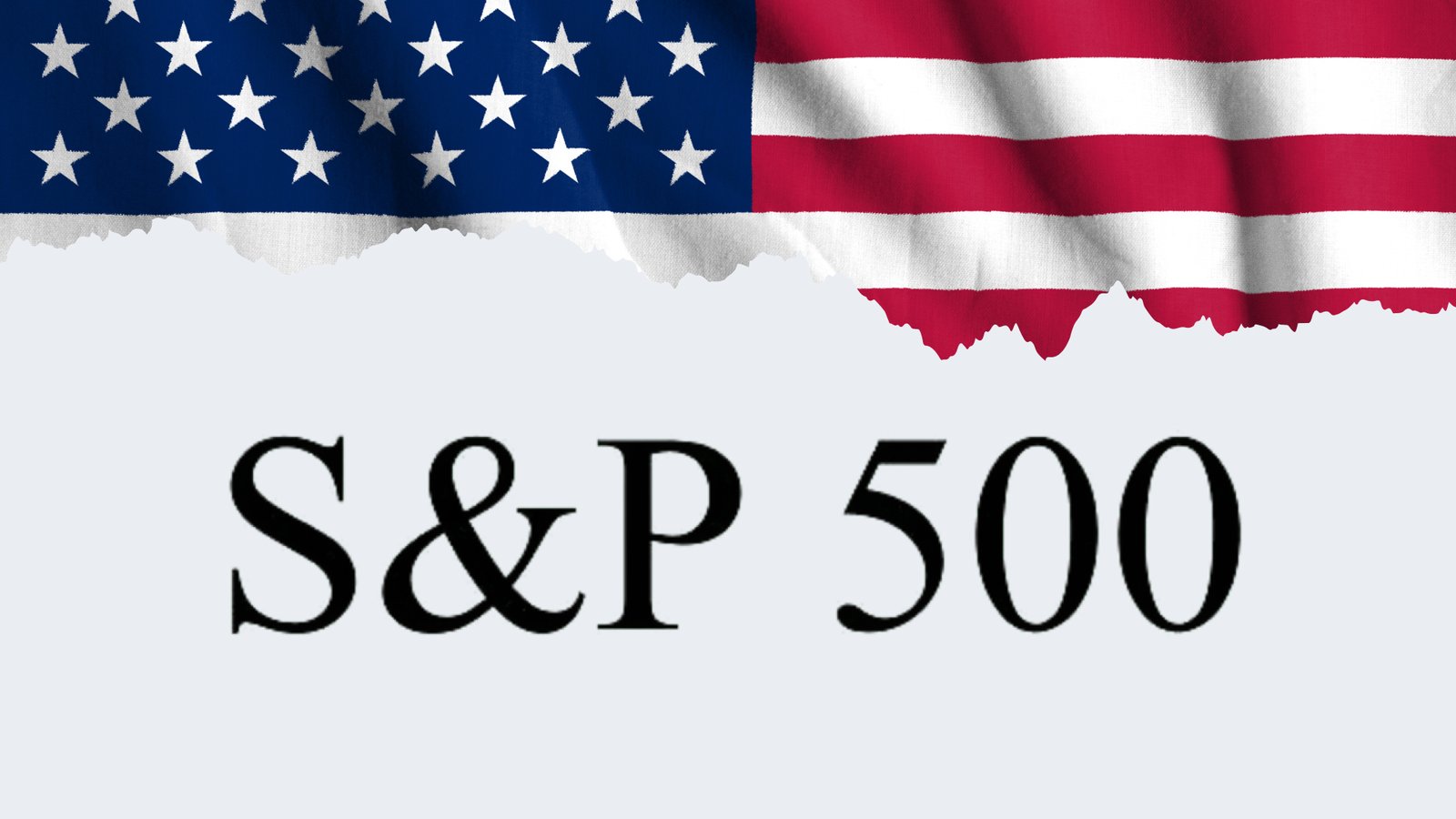Wall Street Top Voices on Trump Tariffs
Trump's Tariffs Slam Global Markets! Top Wall Street Analysts React Rapidly
Money Talks: What's the Trading Desk Saying?
Goldman Sachs Group Inc.'s trading desk data indicates that hedge funds have already started de-risking, while long-only funds were "heavy sellers" of U.S. equities at the end of last week. These funds are likely to continue selling due to their low cash allocations. Now, attention turns to "the biggest holder of the asset class — U.S. households — who have not yet shed risk." Foreign investors also hold a substantial accumulated exposure to U.S. equities.
Metals are "under significant pressure from dampened sentiment as the world braces for a possible recession and heightened geopolitical tensions that would threaten demand," said Sabrin Chowdhury, head of commodities at BMIBMI--, a Fitch Solutions unit. "The strong likelihood of a severe downturn in metals demand in a full-blown trade war will keep metal prices under pressure for the coming weeks."
"We are seeing profit-taking in the metals market to cover significant losses in equity markets and probably due to margin calls," said Vasu Menon, managing director of investment strategy at Oversea-Chinese Banking Corp., via text message.

Top strategists foresee deep recession if trade war escalates
Goldman Sachs has raised the probability of a U.S. recession within the next 12 months to 45%, aligning with other investment banks revising their forecasts.
JPMorgan economists now predict the tariffs will push the U.S. economy into a 0.3% contraction — a sharp downgrade from a previous forecast of 1.3% GDP growth.
JPMorgan Chase CEO Jamie Dimon said Monday that the tariffs announced by President Donald Trump last week are likely to increase prices on both domestic and imported goods, putting further pressure on an already-slowing U.S. economy. He urged a swift resolution: "The quicker this issue is resolved, the better, because some of the negative effects increase cumulatively over time and would be hard to reverse."
"The size and disruptive impact of U.S. trade policies, if sustained, would be sufficient to tip a still-healthy U.S. and global expansion into recession," said Bruce Kasman, head of economics at JPMorganJPEM--, who now places the risk of a downturn at 60%.
"People are afraid the worst is yet to come. They're worried about a market crash," said Robert Pavlik, senior portfolio manager at Dakota Wealth Management in Connecticut. "They're worried about what follows — a recession here domestically and then globally, leading to a possible depression."
Famous fund manager Bill Ackman added his voice, saying these developments could lead to an economic nuclear winter.
"Are we there yet?" asked Jonathan Krinsky of BTIG. "Many metrics are at panic levels associated with meaningful bottoms over the past 40 years. The issue is, when you get into the capitulation zone, markets often move beyond what many think is likely or possible."
HSBC strategist Max Kettner is calling for a "very short-term bounce" in stock markets, possibly led by the Magnificent Seven. However, he warned that any rebound is likely to set the stage for another major downturn.
To Morgan Stanley's Michael Wilson, investors should be prepared for the S&P 500 to decline further unless tariff fears ease.
"The swift and sudden stock market decline is a repricing to reflect an impending recession from the burden of tariffs," said Richard Saperstein at Treasury Partners. "Markets won't rebound until tariffs are negotiated and reduced, until valuations move even lower to very compelling levels, and until fundamentals improve. None of these factors are in the cards at this time."

A few call for dip-buying
Despite the turmoil, some strategists maintain a cautiously optimistic view.
"Based on the technical evidence, our breadth and sentiment indicators have reached bearish extremes associated with prior bear market lows," said Craig Johnson at Piper Sandler. "Don't stop believing in stocks as they test long-term support levels." Among the measures Johnson tracks is market breadth, which in his view is showing signs of being "washed out." He also noted that sentiment gauges are at historic bearish extremes.
"We want to apologize as the terms of tariff Liberation Day were far worse than we expected," said Tom Lee, head of research for Fundstrat Global Advisors. He explained that the market's fury is not merely a reaction to a trade war, but rather, in his view, a response to the White House breaking a core tenet of capitalism — a stable and predictable regulatory environment.
Nevertheless, Lee remains cautiously bullish. "That said, stocks are too far stretched to the downside, while recession risks are excessively priced," he said.
Expert analysis on U.S. markets and macro trends, delivering clear perspectives behind major market moves.
Latest Articles
Stay ahead of the market.
Get curated U.S. market news, insights and key dates delivered to your inbox.

Comments
No comments yet